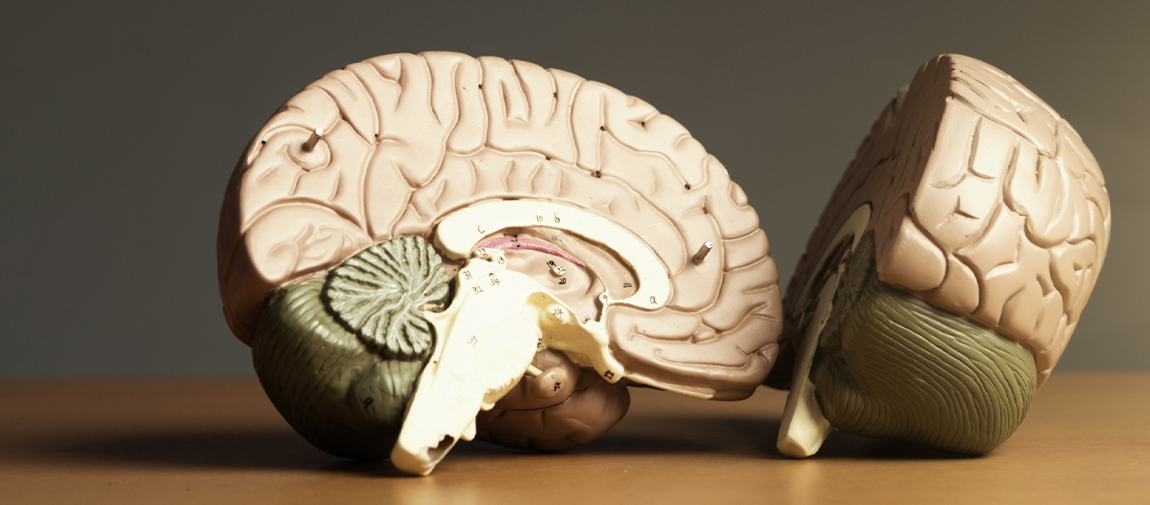In recent years, the number of children being diagnosed with Attention Deficit Disorder, or ADD, and Attention Deficit/Hyperactivity Disorder, ADHD, has skyrocketed.
This may be the result of both a better understanding of the condition and an increase in environmental and nutritional factors that are believed to trigger it. Unfortunately, far too often the knee-jerk approach is to put these kids on heavy-duty, risky drugs.
What is ADD/ADHD?
It is normal for young children to have a short attention span, forget their homework or fidget at school. Some kids, however, don’t seem to be able to control or outgrow these types of behaviors. ADD and ADHD are chronic conditions categorized by inability to focus, hyperactivity and impulsiveness.
What are the causes of ADD/ADHD?
Recent studies have shown a significant link between ADD and ADHD and the chemicals in our diet and environment such as pesticides and heavy metals. Other toxins such as food additives, particularly artificial colors, bisphenol A (BPA), an epoxy resin used in food cans, plastic containers and certain paper products, and polybrominated diphenyl ethers (PBDEs) used in fire retardants, clothing, furniture and bedding, have also been associated with an increase in kids diagnosed with these conditions.
What are the symptoms of ADD/ADHD?
While all children display some of the following behaviors, if enough of them are apparent on a continual basis, it may be time to consider getting your child tested. They include:
- Difficulty paying attention to details
- Repeated, careless mistakes in school or work
- A tendency to be easily distracted, resulting in frequent interruptions of tasks
- Difficulty completing schoolwork or paperwork that requires concentration
- Procrastination
- Disorganized work or cleaning habits
- Shifting frequently from one uncompleted activity to another
How they treat it
Typically, kids diagnosed with ADD/ADHD are treated with a combination of drugs to control the symptoms, as well as psychotherapy. The usual type of medications prescribed are stimulants, with significant side effects that can include reduced appetite, headache, restlessness, irritability, difficulty sleeping, gastrointestinal upset, increased blood pressure, depression and/or anxiety and psychosis or paranoia.
How we treat it
At the Magaziner Center for Wellness, we first conduct comprehensive tests to determine all contributing factors and triggers, whether biologic, nutritional or environmental. We then create a personalized treatment plan that may include sublingual desensitization, chelation therapy for detoxification of heavy metals, and dietary changes, as well as providing treatment for candidiasis in the event of an overgrowth of yeast.
This often leads to a dramatic improvement in behavioral symptoms.
Learn more about chelation therapy Learn more about sublingual desensitization



































